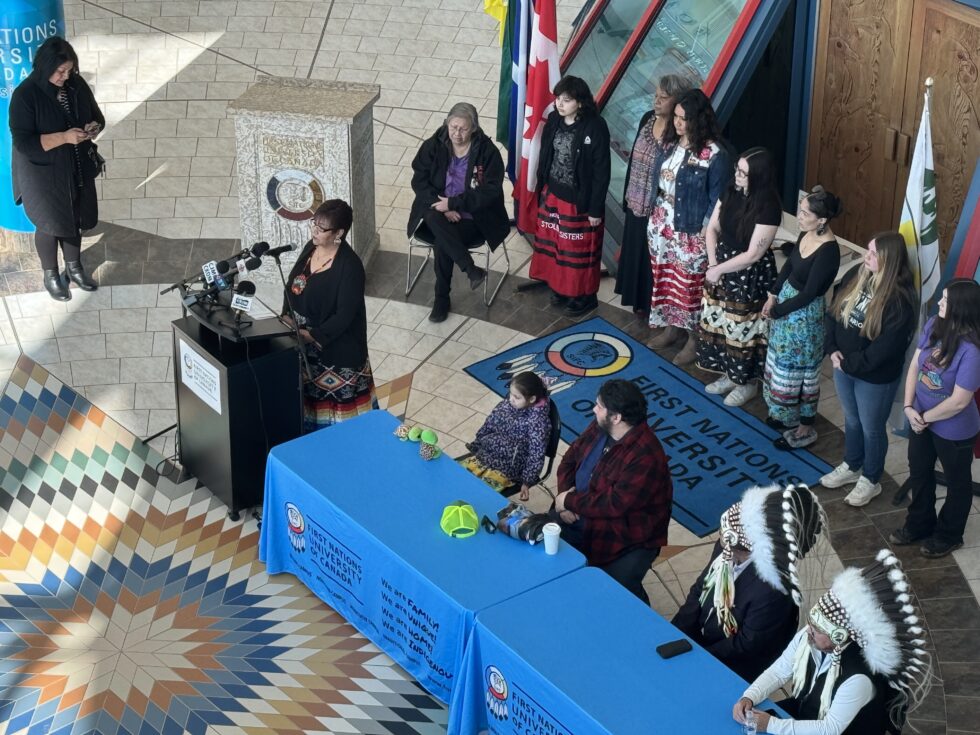
- Details
- By Kaili Berg
A youth organization in Regina, Saskatchewan in Canada, is facing serious scrutiny following the suicide of 17-year-old Serenity Severight, a First Nations teen who died while under its care.
Her family, former staff, and Indigenous leaders are calling for answers and accountability from the Street Culture Project (SCP), the organization that operated the youth shelter where she died.
Serenity took her own life on December 18, 2023, while living at the Tuhk Sih Nowin Youth Shelter, run by SCP.
According to reports, she had told staff that she was struggling with suicidal thoughts and requested help, including access to counseling and a psychiatric unit, resources that were supposedly available to her. But her pleas for support allegedly went unanswered.
Her parents, Martha and David Severight, say they've been met with silence and confusion instead of support or clear communication. They’re still searching for answers months after her death.
The Federation of Sovereign Indigenous Nations (FSIN), which represents 74 First Nations across Saskatchewan, says they’ve been approached by multiple former SCP staff members, people who say they were fired or pushed out after raising red flags about the organization’s internal dysfunction.
“These are not isolated incidents,” FSIN Chief Bobby Cameron said in a statement. “This is a systemic failure rooted in the long-standing issue of placing First Nations youth in care without culturally appropriate support.”
Cameron said that the consequences of separating Indigenous youth from their communities and cultural connections are often tragic.
“This isn’t new,” Cameron said. “It’s the same harmful pattern we’ve been fighting against for decades.”
Whistleblowers from SCP, including former frontline workers and mid-level managers, have alleged a host of problems within the organization including unsafe working conditions, discrimination, unfair labor practices, and a lack of proper training or protocols. Several say they were fired or pushed out after voicing concerns.
The FSIN says it’s unacceptable that a facility meant to be a safe haven for at-risk youth may be contributing to harm instead. They’re demanding transparency, oversight, and change, not just for Serenity’s family, but for every young person who may be at risk in similar programs.
“This is a painful reminder that our systems still fail to protect Indigenous youth,” 1st Vice Chief David Pratt said. “We can’t accept that as normal.”
The Street Culture Project has not publicly responded to the allegations or to Serenity Severight’s death. Meanwhile, her family and others impacted by the organization are still waiting for answers.
More Stories Like This
New Mexico Will Investigate Forced Sterilization of Native American WomenUSDA Expands Aid for Lost Farming Revenue Due to 2025 Policies
Two Feathers Native American Family Services Wins 2026 Irvine Leadership Award
Bill Would Give Federal Marshals Authority to Help Tribes Find Missing Children
Indian Health Service to Phase Out Mercury-Containing Dental Amalgam by 2027


